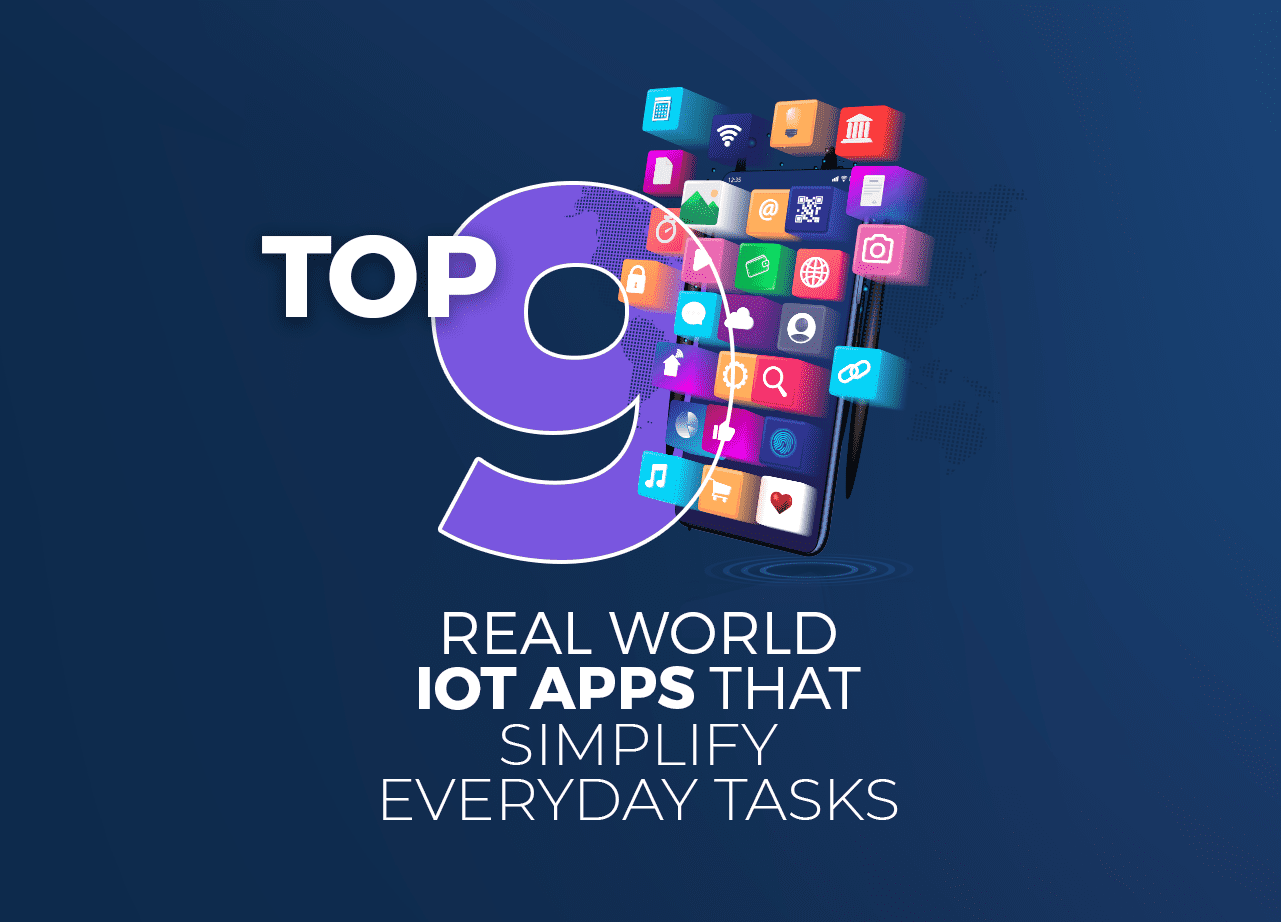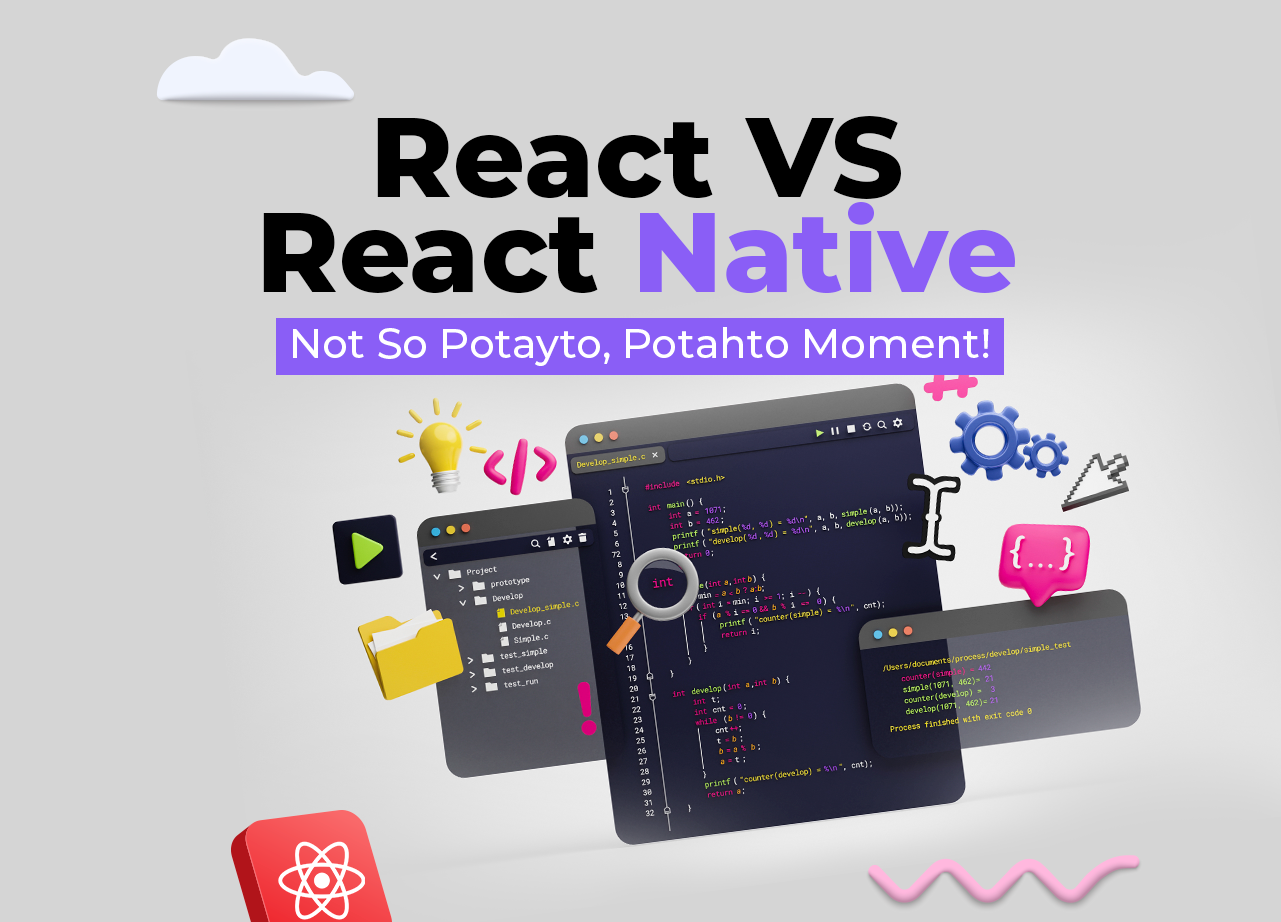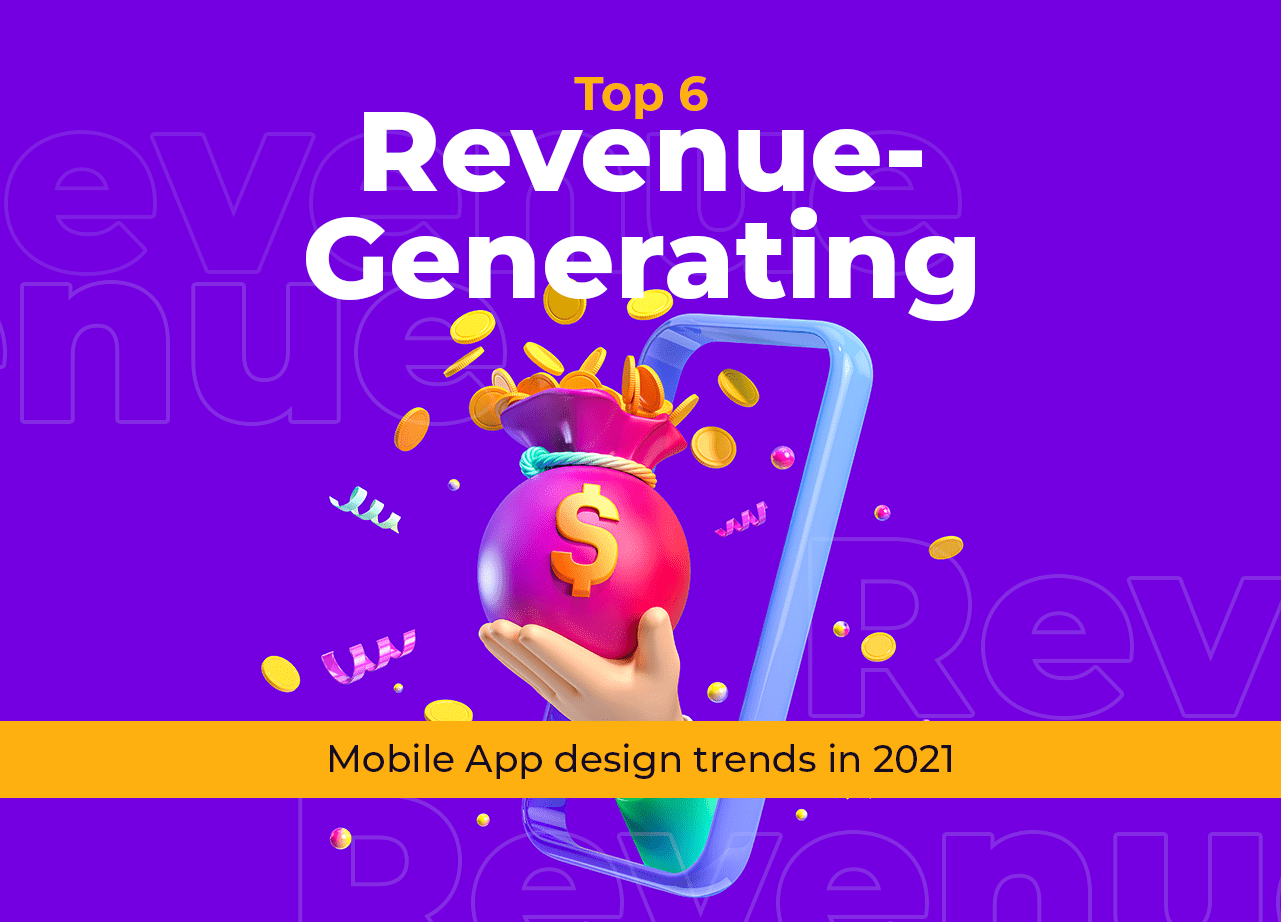The COVID-19 pandemic has contributed to the recent rapid growth of the healthcare industry. The worldwide healthcare market is expected to generate $57.86 billion in revenue in 2023, rising at a compound annual growth rate (CAGR) of 10.40% from 2023 to 2027, and reaching a market volume of $85.95 billion by 2027, according to Statista. This presents a tremendous opportunity for a mobile app development company looking to innovate in this thriving sector.
The reason for this growth is because more and more medical organizations are choosing to develop healthcare mobile apps in order to raise the standard of care provided to patients.
2020 undoubtedly created history in the market for health apps as well as in our lives. Every facet of telemedicine, such as remote patient monitoring (RPM), health education services, and virtual doctor-patient consultations, saw significant growth (up almost 300% in investment), according to CB Insights.
About Healthcare App
A smartphone application that provides features like symptom tracking, medical record access, appointment booking, and health monitoring is known as a healthcare app.
Applications for healthcare might be geared at patients as well as healthcare providers. Apps for medical coding, invoicing, practice management, and telemedicine, for example, can assist healthcare practitioners in running their businesses more efficiently and effectively.
The mHealth market is huge and offers a wide range of apps, from sophisticated to simpler ones. Additionally, mobile healthcare applications serve different purposes. Our lives are made easier by mHealth apps, which monitor our health information, provide remote help, provide access to doctors around-the-clock, offer health-related advice, and much more. In general, the goal is determined by the app category you select, and it’s where the expertise of a skilled mobile app development company truly shines.
What is Healthcare App Development?
The process of creating an app for mobile devices that enables users to effectively track and monitor their health conditions in real-time is known as healthcare app development. With just a few taps on their smartphones, users of mobile healthcare apps can also access a range of medical resources and healthcare facilities.
For example, the development of mobile health applications is highly recommended for EHR (Electronic Health Records), hospital services, medical service experience, digitalized medical insurance claims, etc.
How Do Health and Medical Applications Differ From One Another? </H2>
A health app is not the same as a medical app; instead, health apps are designed to offer health-related services for various smartphone and communication device types.
On the other hand, medical apps refer to applications for mobile devices that allow users to utilize regulated medical devices.
Although the goal of wellbeing is shared by both medical app development and healthcare, there are some subtle differences between the two. Their precise objectives, legal obligations, target markets, and the types of data they manage all range considerably.
| Healthcare Apps | Medical Apps |
| For the Generic Public. | 1. For those in the medical field |
| Emphasizes prescriptions or medical information based on a patient’s condition. | 2. Focuses on making diagnoses via data analysis. |
| Is able to manage any patient’s functioning without relying on medical proof. | 3. Respects the medical evidence, testing requirements, and adherence guidelines. |
| Usually, the development is less expensive. | 4. The process of development may be expensive. |
| Gives them access to health applications that monitor their everyday health information. | 5. Makes patient data and electronic health records accessible. |
Advantages of Healthcare App Development for Patients and Medical Professionals
1. Integrated Diagnostic Programs
These technologies make it possible to gather and process data from the Internet of Things and embedded devices that are connected to EHR platforms. Doctors working remotely can quickly assess and diagnose patients’ conditions, monitor their progress, and decide on the best course of action.
2. Awareness of Brands
A toothache is no less painful than a lack of trust and loyalty. A clinic’s or a doctor’s brand awareness is increased by having a healthcare app. Growing trust and loyalty is facilitated when patients receive care at a clinic with a digital presence. They are therefore more likely to select the same clinic the following time.
3. Improved Method of Treatment
Through the use of mHealth apps, video conferences between patients and doctors can be scheduled to facilitate more comfortable communication. Physicians possess all the instruments required to effectively examine patients and this seamless integration is made possible by the expertise of a skilled mobile app development company. They can manage the medication schedule via the app and create prescription lists.
4. Equitable Distribution of Work and Enhanced Interaction
Doctors are able to schedule appointments at the most convenient time with the use of mobile health apps. They can also use online and mobile apps to handle important chores.
Doctors can engage in meaningful remote consultations and talks with patients through a variety of telehealth tools.
Types of Healthcare Apps
Developing apps for healthcare allows users to track and handle their wellbeing and health-related problems in real time.
Therefore, to differentiate healthcare applications from one another, it is essential to comprehend the numerous categories when searching for application development. Let’s now examine the many categories of healthcare applications.
1. Healthcare Apps for Patients
People with a variety of diseases who may need to monitor their health, medication use, symptoms, or prescriptions can utilize these applications. Additionally, these apps may contain instructional materials and data, such as symptom checklists and tracking.
2. Apps for Healthcare Providers
The work of providers is made more productive by these apps. These applications can facilitate the management of clinical reports, offer patient data, and enhance workflow.
3. Apps for Healthcare in Medical Administration
Healthcare professionals, including physicians and nurses at all levels, can use digital whiteboards, made possible by advanced mobile app development services, to organize their workspace and exchange patient information. These capabilities facilitate faster access to critical patient data, facilitating communication among coworkers and perhaps saving time on billing procedures and other chores.
4. mHealth Applications
The use of mobile phones and other wireless technology in medical treatment is referred to as “mHealth” (mobile health). The most popular use of mHealth is informing customers about preventive healthcare services through mobile devices.
Bottom Line
We cannot downplay the significance of healthcare app development in the ever-changing healthcare industry. It’s evolved into a ground-breaking method for improving patient care, managing data, streamlining operations, gaining an advantage over competitors, and completely redefining the healthcare sector.
At Communication Crafts, we pride ourselves on delivering top-tier solutions that set you apart in the healthcare landscape. Don’t miss this opportunity to lead the way in innovation, enhance patient care, and streamline your operations. Whether it’s designing intuitive interfaces, ensuring data security, or providing ongoing support, we’ve got you covered. Don’t miss the chance to collaborate with the best in the industry.
Ready to make waves in the healthcare world?
 Blog Communication Crafts
Blog Communication Crafts





